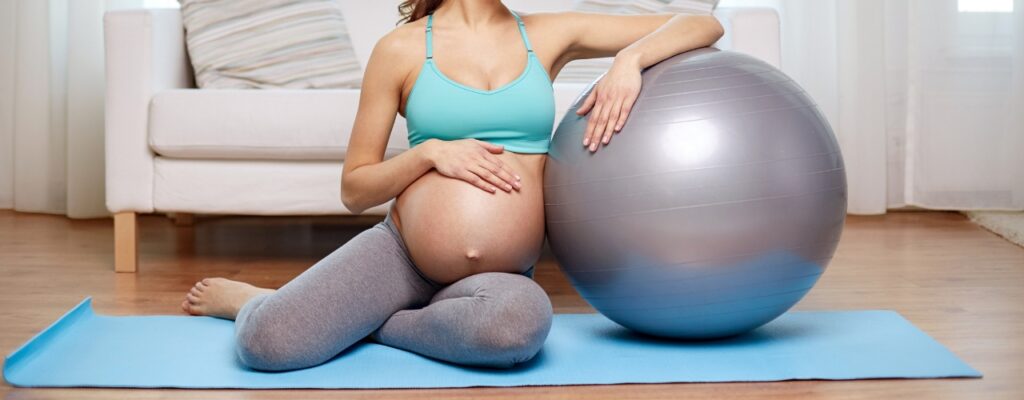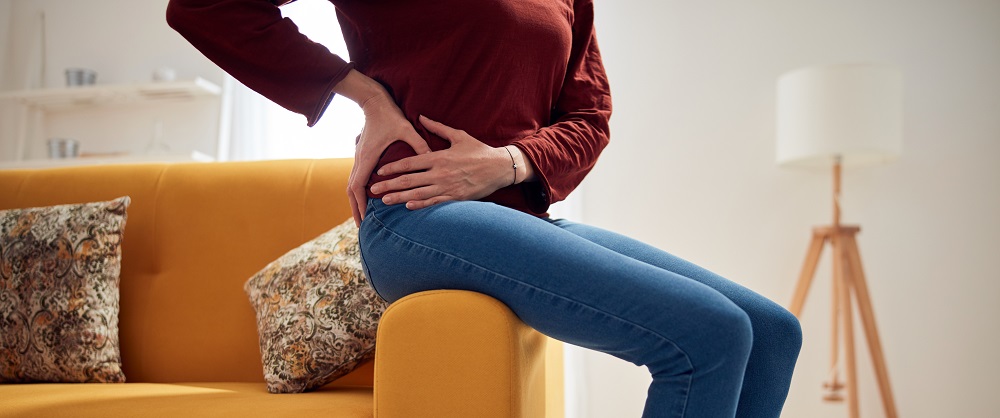The Importance of Internal Pelvic Exams: An Optional but Highly Recommended Step
As a pelvic floor physical therapist, I understand the importance of educating individuals about their pelvic health. One aspect that often comes up is the topic of internal pelvic exams. While these exams are optional, they can provide valuable insights and benefits when it comes to understanding and maintaining pelvic health. In this blog post, […]
The Importance of Internal Pelvic Exams: An Optional but Highly Recommended Step Read More »










